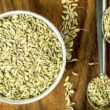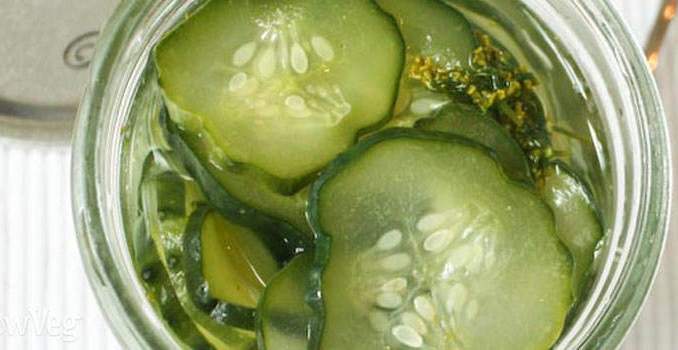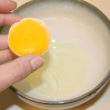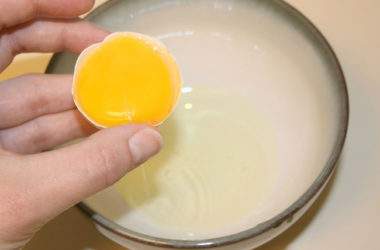Pickled cucumber, also known as pickles, is a cucumber that has been processes in vinegar, brine, or other solution. It is left to ferment to a certain span of time through immersing them in acid or by the souring process called lacto-fermentation, leaving the food with sour taste. As a food, pickles also have several health benefits.
General Nutrients
Pickles contain vitamins and minerals. According to to Organic Facts, they contain vitamins A, C, and K, as well as minerals like iron, potassium, and calcium. Vitamin A is good for the eyesight while vitamin C boosts the body’s resistance against infection. Meanwhile, vitamin K acts well when it comes to stopping bleeding. Iron is responsible for oxygen attachment to the blood and its delivery to all body systems. Potassium plays a role in neuromuscular health and cardiac contractility while calcium is best known for boosting growth, development, and strength of the bones.
Probiotics and Digestion
In line with how they are processed, pickles is linked with probiotics. Acccording to Healthline, fermented fruits and vegetables like pickles have healthy bacteria that aid in breaking down food substances that are hard to digest, such as cellulose and natural sugar forms. As per the publication, this stands as a prime reason why lactose intolerant people may be able to consume yogurt. It is revealed that such bacteria variants help preserve the state of fermented food, preventing them from spoiling. More than that, the pickling process aids boost the amount of good bacteria in the gastrointestinal tract. Hence, adding pickles to various meals also enhances their probiotic properties.
Aside from probiotics features, pickles can also improve the digestive process. According to Organic Facts, Indian gooseberry or amla, is one of the usual foods that are pickled. As per the publication, gooseberry has various health benefits like boosting the digestive process and serving as an appetizer.
Cardiovascular Health
Pickles also play a role in the promotion of cardiovascular health. According to Real Pickles, the vegetable has an impact to a person’s blood pressure. As per the publication, studies show a link between inorganic nitrate intake via beet juice, as well as reduction of the blood pressure. In addition, the heart’s workload will be regulated, as pickles have demonstrated their capacity to decrease episode of muscle cramping. While pickles have these properties, they should be consumed in moderation, as they are also rich in sodium. According to the Institute of Medicine’s Food and Nutrition Board, as per Live Strong, the recommended daily intake for sodium is at least 2,300 mg. It is recommended that they can be consumed, but in small amounts.
Sample Recipe
Various meal recipes are available for pickles, such as Candied Dills. According to All Recipes, the ingredients include a gallon of dill pickles slices (drained), five pounds of white sugar, two tablespoons picking spice, and two teaspoons ground cinnamon, among others.
To prepare, half of the pickles are removed and reserved from their container. Then, half of the sugar is put over the vegetables. Then, a tablespoon of pickling spice and a teaspoon of ground cinnamon are added. Next, the remaining sugar, pickles, cinnamon, and pickling spice are added, with the same process. After that, the jar with the ingredients is sealed and refrigerated. It is turned for about every six hours for 24 hours for the sugar to dissolve. The recipe is served when the sugar has dissolved.
Overall, pickles also possesses an array of health benefits, despite its sour taste. Thus, its inclusion to a wide variety of meal recipes make food more flavorful and healthy for a person or an entire family.













